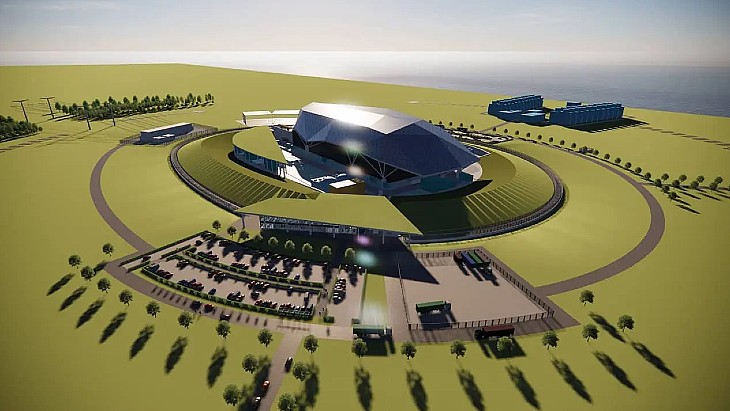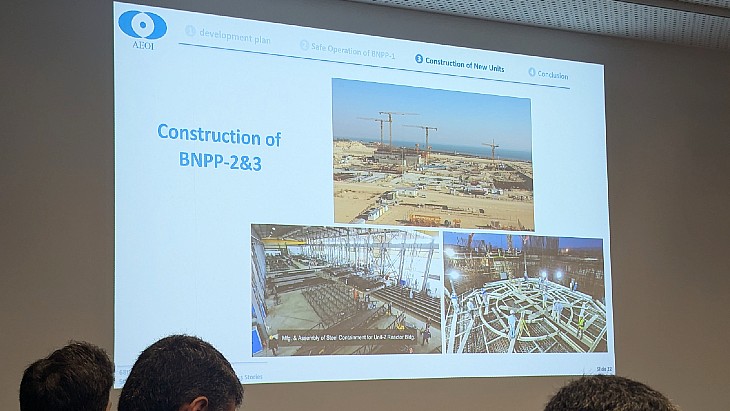India says French and US vendor talks ongoing
.jpg)
The minister was responding to questions in both houses of India's parliament last week. Singh told the Rajya Sabha - India's upper house - that discussions between Nuclear Power Corporation of India Ltd (NPCIL) and EDF on a project to build six 1650 MWe EPRs at Jaitapur in Maharashtra were "advancing" towards a project proposal. Noting they had signed an Industrial Way Forward agreement in March, he said spending on the project to date had been INR563 crore (USD82 million). (One crore is equivalent to ten million).
Singh told the Lok Sabha - the lower house - that discussions on finalisation of project proposals for a six-unit plant at Kovvada were under way. Kovvada, in Andhra Pradesh, has been earmarked for the construction of six 1250 MWe Westinghouse AP1000 reactors.
"The cost of reactors to be set up at these sites will emerge on conclusion of the techno-commercial discussions and formulation of their project proposals," Singh told the Lok Sabha. The projects would be launched after they receive administrative approval and financial sanction by the government, he said.
The government has approved 'in principle' three further sites: Mithi Virdi in Gujarat, where six AP1000s are proposed; Haripur in West Bengal, where six Russian-designed units are envisaged; and Bhimpur in Madhya Pradesh, earmarked for four indigenously designed pressurised heavy water reactors. Pre-project works at those sites are at "various stages", the minister said.
A 500 MWe prototype fast breeder reactor under construction at Kalpakkam in Tamil Nadu by the Department of Atomic Energy public sector unit Bharatiya Nabhikiya Vidyut Nigam Limited (BHAVINI) will be followed by a further six units, Singh said. The proposed FBRs are to be built as a series of twin reactors, with construction to begin on the first pair in 2021, followed by the second pair in 2025 and the third pair in 2029. The first of those FBRs would be scheduled to begin commercial operation in 2029, with the others following at two-yearly intervals, according to the proposed schedule presented to the Lok Sabha.
_92619.jpg)

_84504.jpg)






_50521.jpg)


